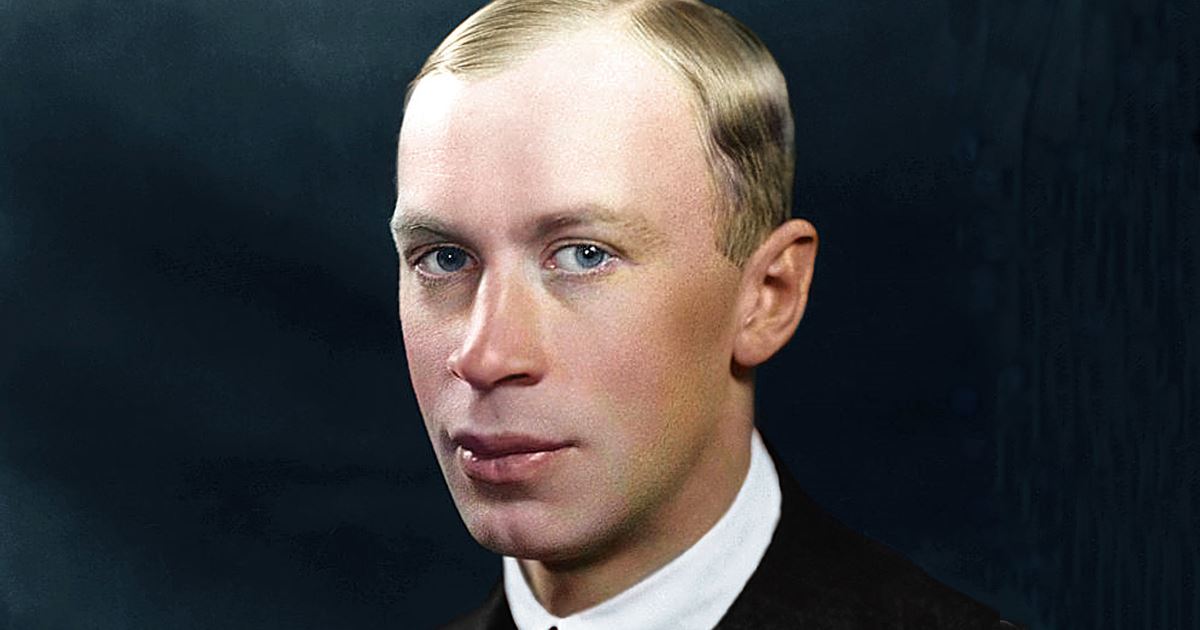Sergei Prokofiev was a Russian composer, pianist, and conductor who left an indelible mark on the world of classical music. Here are 10 interesting facts about this talented and innovative musician:
- Early Prodigy:
Sergei Prokofiev was born on April 23, 1891, in Sontsovka, Ukraine. He displayed remarkable musical talent from a very young age, learning piano from his mother and composing his first opera at the age of nine.
- Parisian Sojourn:
Prokofiev spent a significant portion of his career living in the artistic hub of Paris. He moved there just after the Russian Revolution in 1917 and remained until 1936. This period greatly influenced his compositional style, leading to a fusion of Russian and Western European musical elements.
- Piano Virtuoso:
In addition to composing, Prokofiev was an accomplished pianist. He performed many of his own piano works and concertos. His piano style is characterized by its percussive and powerful qualities, reflecting the dynamic energy of the 20th century.
- “Peter and the Wolf”:
One of Prokofiev’s most famous works is the children’s musical tale “Peter and the Wolf,” written in 1936. It’s known for assigning specific instruments to represent different characters in the story, making it an educational and entertaining piece for young audiences.
- Return to the Soviet Union:
Prokofiev returned to the Soviet Union in 1936, a move that was met with mixed success. While some of his works were embraced, others were criticized for being too avant-garde or formalist. The political climate influenced his creative choices, leading to a more accessible and populist style.
- War Symphony:
During World War II, Prokofiev composed his Symphony No. 5, which premiered in 1944. The work is often interpreted as a reflection on the triumph of the human spirit over adversity and is considered one of his masterpieces.
- Romeo and Juliet:
Prokofiev’s ballet “Romeo and Juliet” is celebrated for its innovative orchestration and emotional depth. Despite facing initial censorship due to its tragic ending, it has become one of the most performed and cherished ballets worldwide.
- Zhdanov Decree:
In 1948, Prokofiev fell victim to the Zhdanov Decree, a Soviet cultural crackdown that condemned several prominent composers for alleged “anti-Soviet formalism.” This period had a significant impact on Prokofiev’s later works, as he struggled to navigate the demands of Soviet artistic ideology.
- Final Years:
Prokofiev’s last years were marked by declining health. He suffered a series of strokes and, tragically, died on March 5, 1953, on the same day as Joseph Stalin. His death was overshadowed by the demise of the Soviet leader.
- Legacy:
Sergei Prokofiev’s legacy endures through his diverse and prolific body of work. His compositions span various genres, including symphonies, operas, ballets, and chamber music. His influence on 20th-century music continues to be celebrated, with his compositions remaining vital parts of the classical repertoire.


Comments are closed